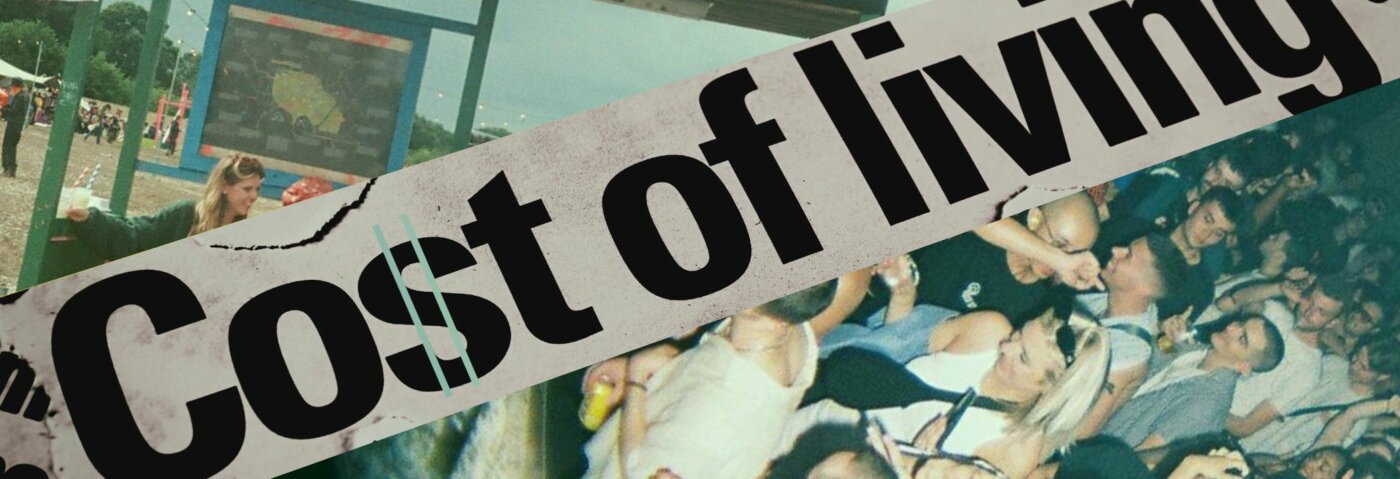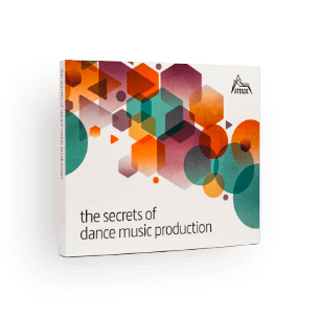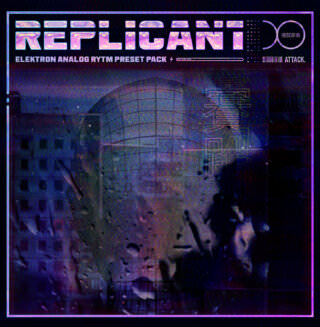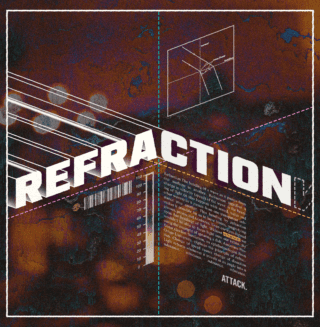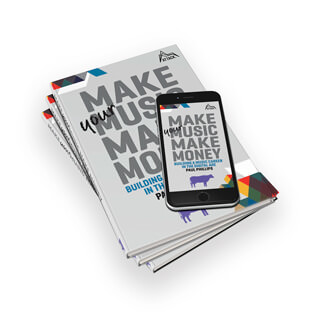What does a turbulent economy spell for party people and how exactly can nightlife culture survive the cost of living crisis?
Back in May, the benevolent party cult, Keep Hush, put out a survey. They asked: “Are you going out?” and not because they were looking for someone to host pre-drinks.
The goal of this “community report” was to better understand the decision-making process of today’s raver, in the aftermath of the pandemic. Facing a cost of living crisis, that’s stacked on top of the post-covid paradigm, the nighttime economy is on unstable footing.
There’s talk of quiet clubs and deserted festival tents. We’ve spoken to the budding statisticians at Keep Hush, as well as other industry heads, to get a street-level view of the pressures affecting promoters, venue owners, and festival organisers.

Shifting Sands
The survey results were keenly awaited by anyone with a stake in the UK’s nightlife – artists, promoters, technicians, venue staff, loyal scenesters and more. Nightclubs and festivals are essential pillars of culture but they’re also institutions that countless people rely on to make a living.
Headline takeaways included a reduced interest in clubbing since the pandemic and a lower chance of clubbers buying tickets in advance. Freddy Masters, Keep Hush co-founder, explained to Attack that “we’d had a lot of people talking about how selling tickets to events seemed to be harder than before… and also that ticket buying was way more last minute”.

La Bonne Musique label head and promoter Maeve de Bordóns echoed this statement, saying “there’s definitely been a change in booking patterns. People are booking last minute. You can get more than 50% of your tickets being sold on the day, and on the door. It creates stress and tension right until the moment that the party happens”.
In the gunslinger’s standoff between the venue, promoter, and agent, it’s worth all parties lowering their weapons.
Interestingly, respondents to the survey rated ticket price as the least important factor in deciding what club night to go to. Masters pointed out that often, the ticket price is the least expensive part of a night – and that if people are going out less, they want to make sure it’s to the best night possible when they do.
He suggested, “that would imply that you should continue to build the best possible event for your audience and charge what you need to charge”. Keep Hush team member Andy Brooker shared a comment he’d overheard: “I’ve had enough of the ‘plandemic’. I just want to do things on the night now!”
Both Keep Hush and La Bonne Musique have noticed inflation in DJ fees since the European club scene has bounced back. De Bordóns told us only “once I’ve explained the kind of promoter that I am, and I’ve even disclosed some of my finances – like how much the party is going to cost” that she’s been able to strike realistic deals for certain artists. In the gunslinger’s standoff between the venue, promoter, and agent, it’s worth all parties lowering their weapons.
Ultimately, Masters asserted that “there are still nights that are selling out all the time. So that’s why it is much more nuanced than this the cost of living crisis… in a way, that’s a bit scarier, because it’s comforting to just think: ‘oh, no, everyone wants to come – but they can’t afford it’”.
New Approaches
Speaking of successful nights, we chatted to Ife Awosika – promoter of globetrotting event series Days Like This Brunch, and exec at ticketing platform DICE.fm. DTL Brunch is a runaway success – they’ve sold nearly a football stadium’s worth of tickets this summer. What’s the secret, and are they feeling the pinch?

“There’s an element of experience to it. I don’t think there’s ever a time where we go into a venue and just do nothing”, he explained. The DTL Brunch day parties are a feast in every sense – with food, decorations, entertainment, and a buffet of musical styles including RnB, Dancehall, and Amapiano. He told us “people know that there is an element of diversity in the programme, going round the different black cultures”. This holistic approach has attracted a large and loyal following.

That’s not to say he hasn’t noticed people struggling. He remarked that “sales have been really slow across the board – but it’s boxed into different realms of music” noting that fellow black music collective Recess has seen strong returns, whereas some major promoters working in club genres such as techno or drum & bass have seen a dropoff.
He speculated “sometimes when there’s a bog standard rave with a headline DJ, there’s nothing to say that if you miss him at that point that you will not see him again throughout the year”.
Festival Season
By the time of this article’s publication, Autumn will be underway. But the last few months have been dominated by festivals – with some faring better than others. Beloved Sussex knees-up Brainchild was cancelled, and it wasn’t the only one. They cited a myriad of reasons, including supply chain issues. Ned Townsend, event manager of club series and festival Incognito shared just some of the factors that have been beleaguering festivals this year.
“Red diesel is diesel without tax that farmers use – and festivals use it to fuel generators… But red diesel doesn’t exist anymore” he explained. “The government stopped permitting it for that purpose. All these promoters now have to pay an arm and leg more to fuel the generators.”
So that’s a big uptick in costs to power the speakers, lights, and VIP jacuzzi. What else? There’s been an enormous strain on public services. Queen Elizabeth II’s platinum jubilee and subsequent death have kept police and council hands tied for months. Worker strikes have stretched public transport, although most people we spoke to offered support for the strikes. A build-up of logistical issues since Brexit has meant there’s a lack of infrastructure and staffing available – from portaloos to lighting technicians.
Scarcity mindset
Townsend also highlighted a bottleneck of club venue availability, now that the cold is ushering us indoors. Along with with the typical licensing battles, venues are experiencing an enormous squeeze. Hospitality businesses are seeing their bills increase by up to 300% along with overheads such as labour and supplies rising as inflation sends all costs spiralling in the UK.
A build-up of logistical issues since Brexit has meant there’s a lack of infrastructure and staffing available - from portaloos to lighting technicians.
As well as hammering their bottom line, this could be influencing venues to take fewer risks in their programming. Maeve de Bordóns told Attack that she’s noticed ‘more venues keep the programming in-house for Fridays and Saturdays’. Combined with a dwindling number of venues, it’s getting harder to find the right place to throw a party. Pub-style venues such as The Marquis N16, with a 1:30 am curfew, are now offering the affordability that small capacity clubs did in 2019. The future spells early starts and early finishes for small promoters.
New New Normal
Despite Ife Awosika’s success with premium event production and the Keep Hush gang’s warnings about ticket prices, most promoters we spoke with were experimenting with reduced ticket prices. Or, they highlighted schemes wherein less flush punters could arrange discounted tickets.
Recently this has been seen in Call Super and Parris’ popular ‘Can You Feel The Sun’ parties. It’s a technique that’s been used in marginalised and queer spaces for a long time.

Putting aside the lure of cold, hard metrics for a second, these approaches seem worthwhile. For most of us, clubbing comes with a sense of community and canny promoters know the value of showing solidarity with inflation-battered ravers.
A recent article in Resident Advisor floated the “theory that bars and nightclubs are largely immune to the adverse effects of a recession. This is because ‘vice stocks’ such as alcohol and tobacco are considered recession-proof—people imbibe in both good times and bad—and nightlife provides a much-needed dose of escapism during periods of crisis.”
It’s reassuring to hear there is some hope for venues, which are taking the brunt of the pain. If ticket sales don’t decline drastically then ticketing providers may be the least affected, given their lack of exposure. But they will be vulnerable to attacks overhead, with venture capitalists keeping a beady eye on events sector profits.
Promoters lie somewhere between these two circumstances. Many are already cutting back their offerings. Maeve de Bordóns even raised the prospect that adverse conditions could create a system shock for promoters, where the most creative will thrive.
Or, as our anonymous source, who is extremely well-placed in the nightlife ticketing industry, told us: “The ones that are still going, either they’re very crafty, very determined, or have quite a bit of money!”
